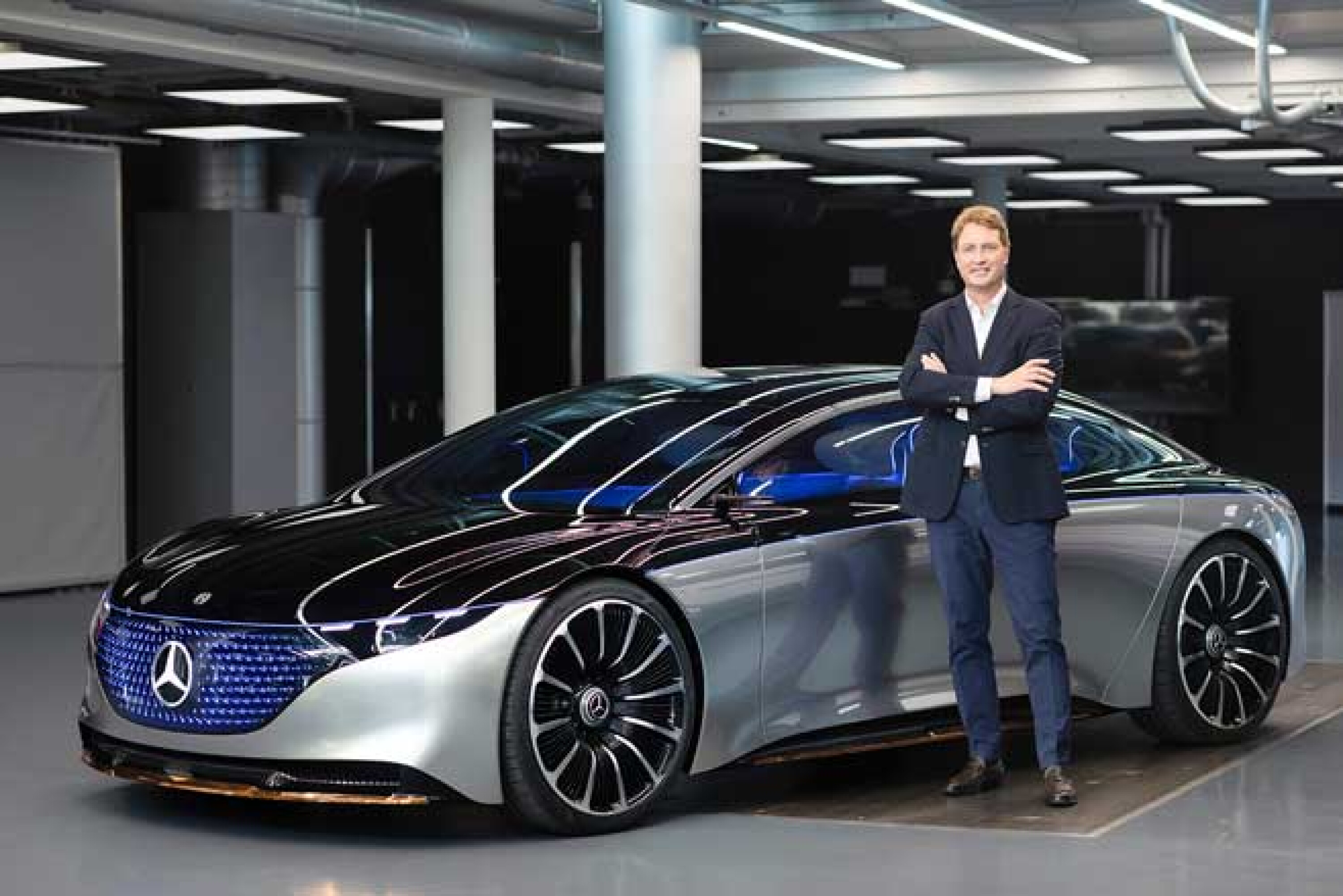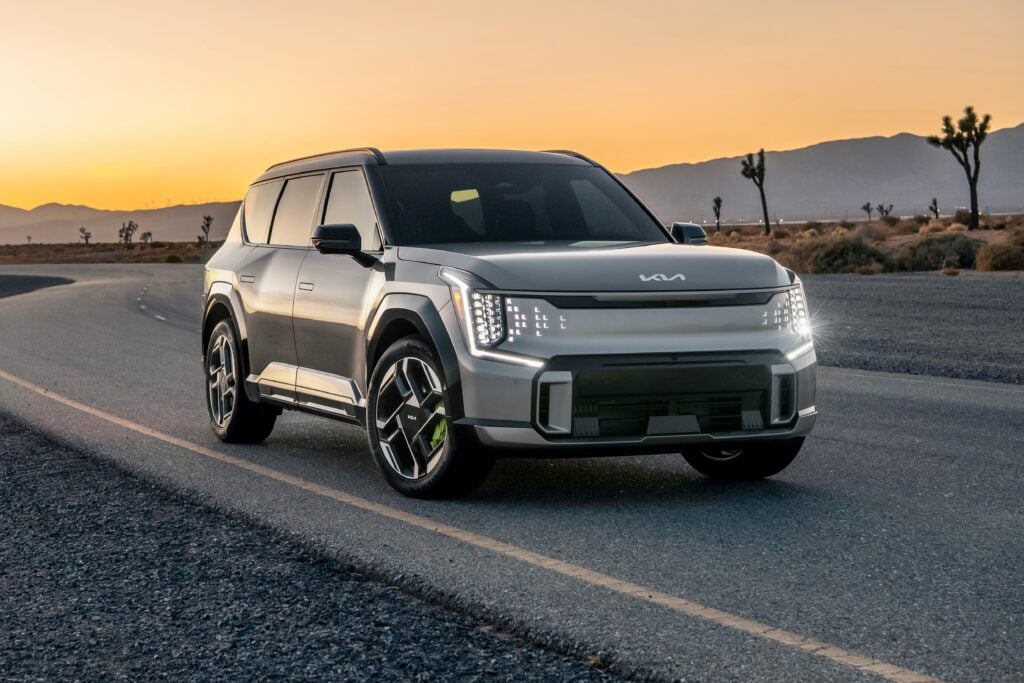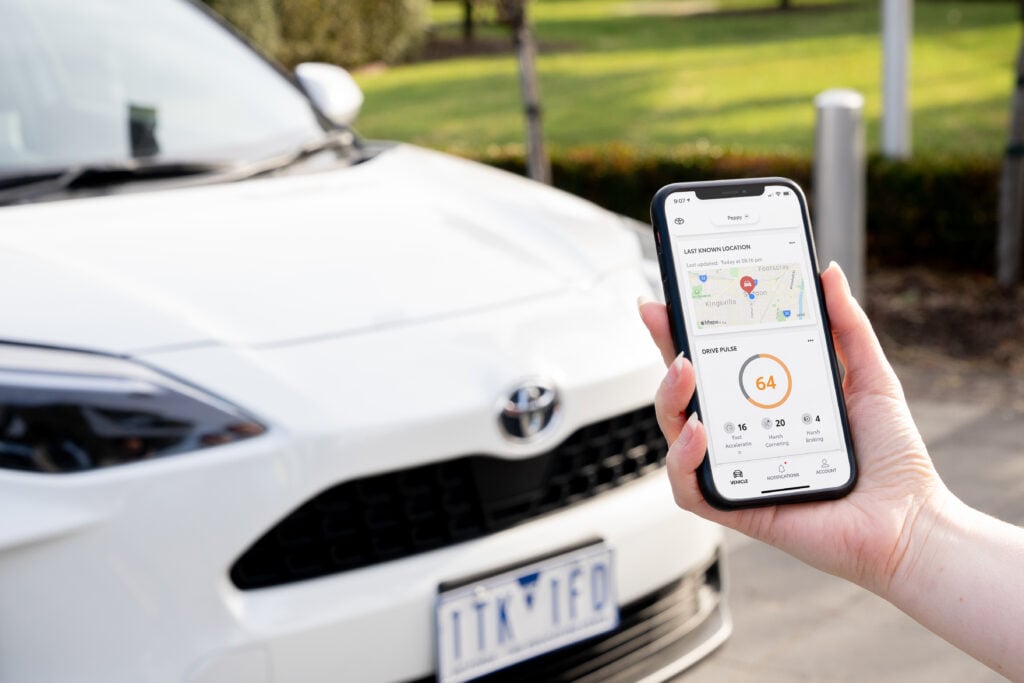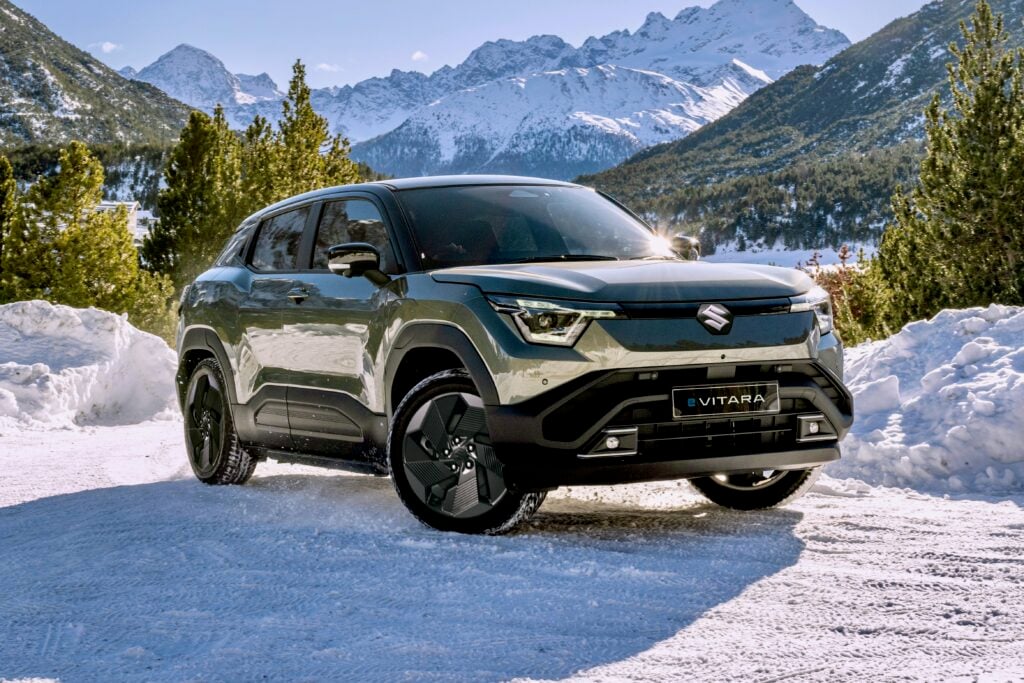Snapshot
- Mercedes has pulled back on plans to be EV only by 2030
- The goal of EVs and hybrids accounting for 50% of sales has also been delayed by five years
- Company CEO instead says Mercedes will adopt a flexible strategy to meet u201cpeaks and troughsu201d in EV transition
Mercedes-Benz has delayed its goal of becoming an EV-only brand by 2030 and now says it will produce combustion powered engines “well into” the next decade.
Weaker than expected demand for electric vehicles has driven the change, with Mercedes also pushing back its target of making EVs and hybrids 50 per cent of its sales by five years.
In 2023, electric cars made up 11 per cent of Mercedes sales in Europe while combined EV/hybrid sales accounted for 19 per cent.
Instead, Mercedes will adopt a flexible strategy as it reacts to “peaks and troughs” in the transition towards battery-powered vehicles says company CEO Ola Kallenius.
“We want to make clear to customers and investors that we will make use of strategic flexibility,” Ola Kallenius said. “As an incumbent you need to have a double hedge.”

Speaking to Reuters, Kallenius added further context around when Mercedes could make the transition to be fully EV: “It’s not going to be 100 per cent in 2030, obviously… from the whole European market, but probably from the Mercedes side as well,” he said.
Mercedes is the latest in a growing number of brands to react to slower than expected demand for electric cars.
Ford and General Motors have both delayed plans to build new EV manufacturing plants, while Ford has also slashed production of the electric version of the iconic F-150. After an initial surge in demand, sales of the F-150 Lightning have plummeted, forcing Ford to cut its planned production numbers by half.
Even EV heavyweight Tesla has warned it is expecting sales to grow at a much slower rate in 2024.
And while EV demand continues to grow from a low base in Australia, there are signs the local market could also be entering a bumpy period.
Several brands have made large pricing adjustments to key electric models, with Subaru being the latest to slash the price of the soon-to-arrive Solterra by $8000.
The Ford Mustang Mach-E, Tesla Model Y, Hyundai Ioniq 5 and Ioniq 6, GWM Ora and MG ZS have also received big price drops, sometimes by up to $10,500.
Mercedes currently sells seven electric-only passenger car models in Australia, with sales totalling 3118 units in 2023 or just under 13% of the brand’s total volume. Mercedes’ most popular EV model in Australia is the EQA which recorded 1196 sales last year.
Despite the shift in Mercedes’ global strategy, the brand’s local arm told Wheels “In Australia, the take up of Mercedes-Benz electric vehicles matches our planning and reflects what is happening in our market in general.”







